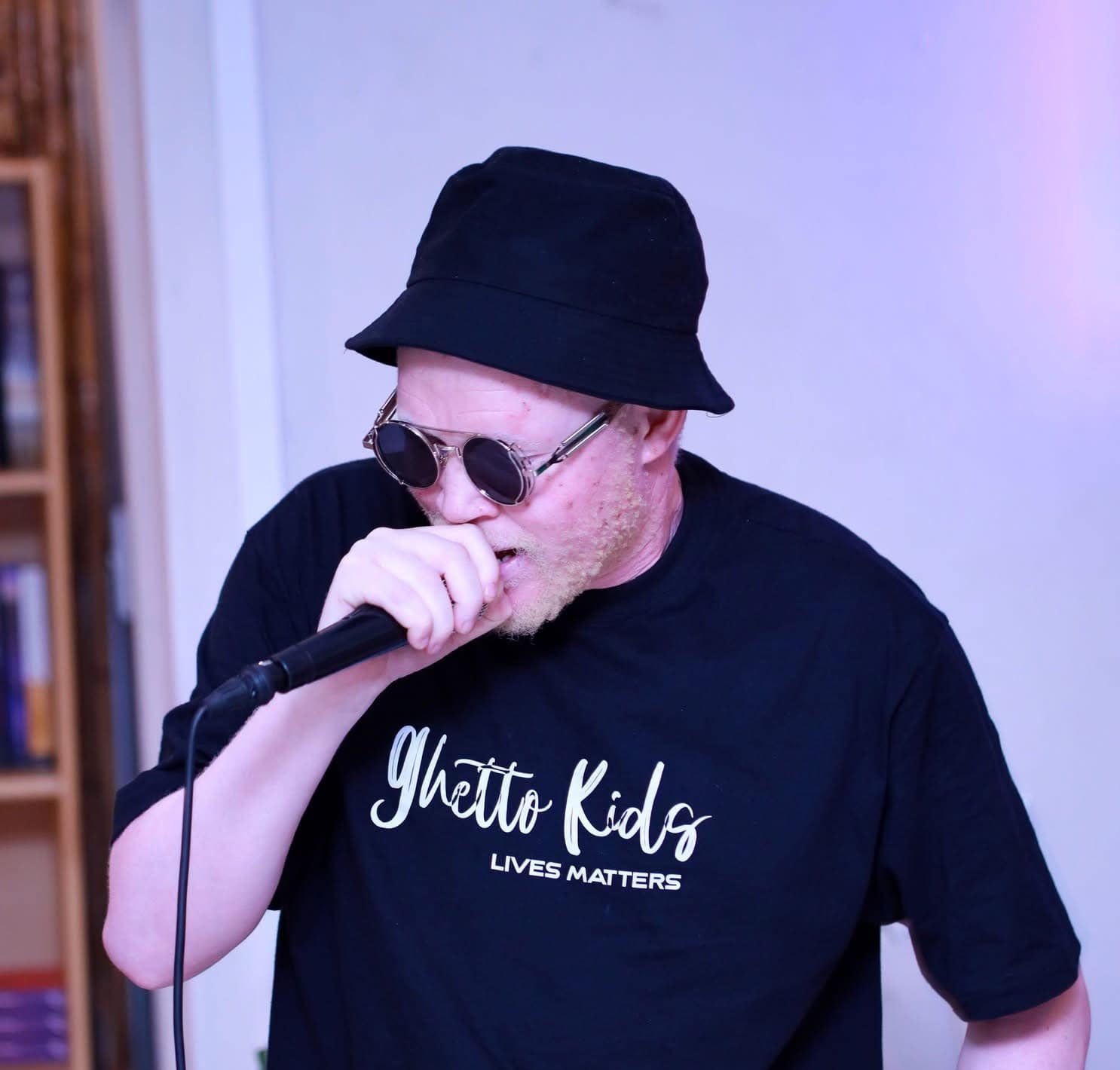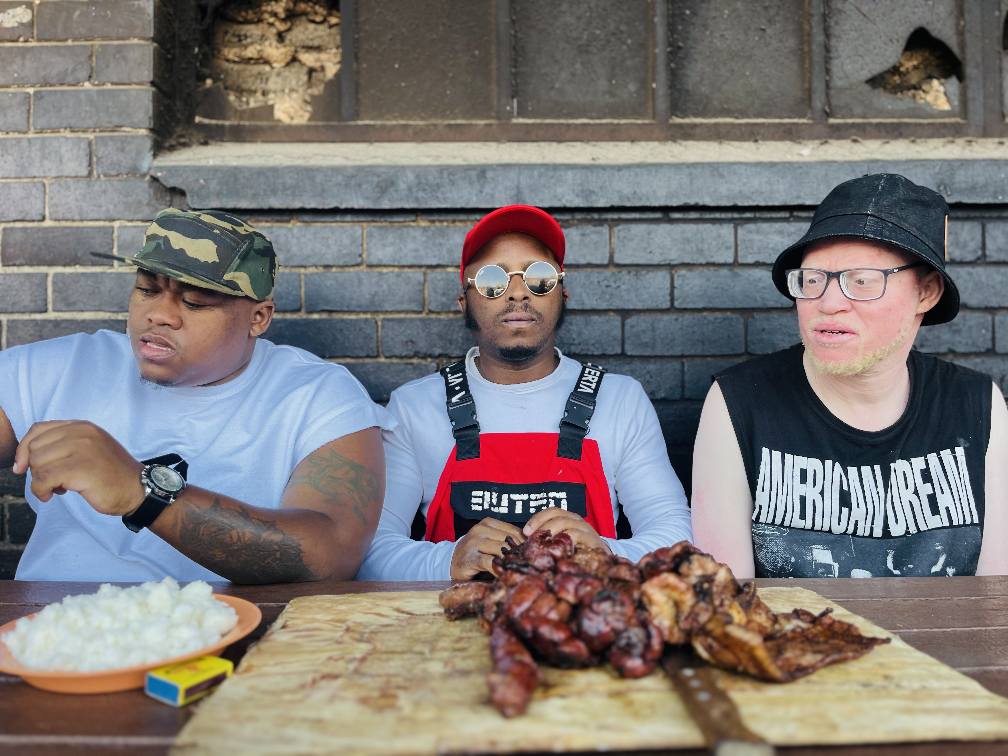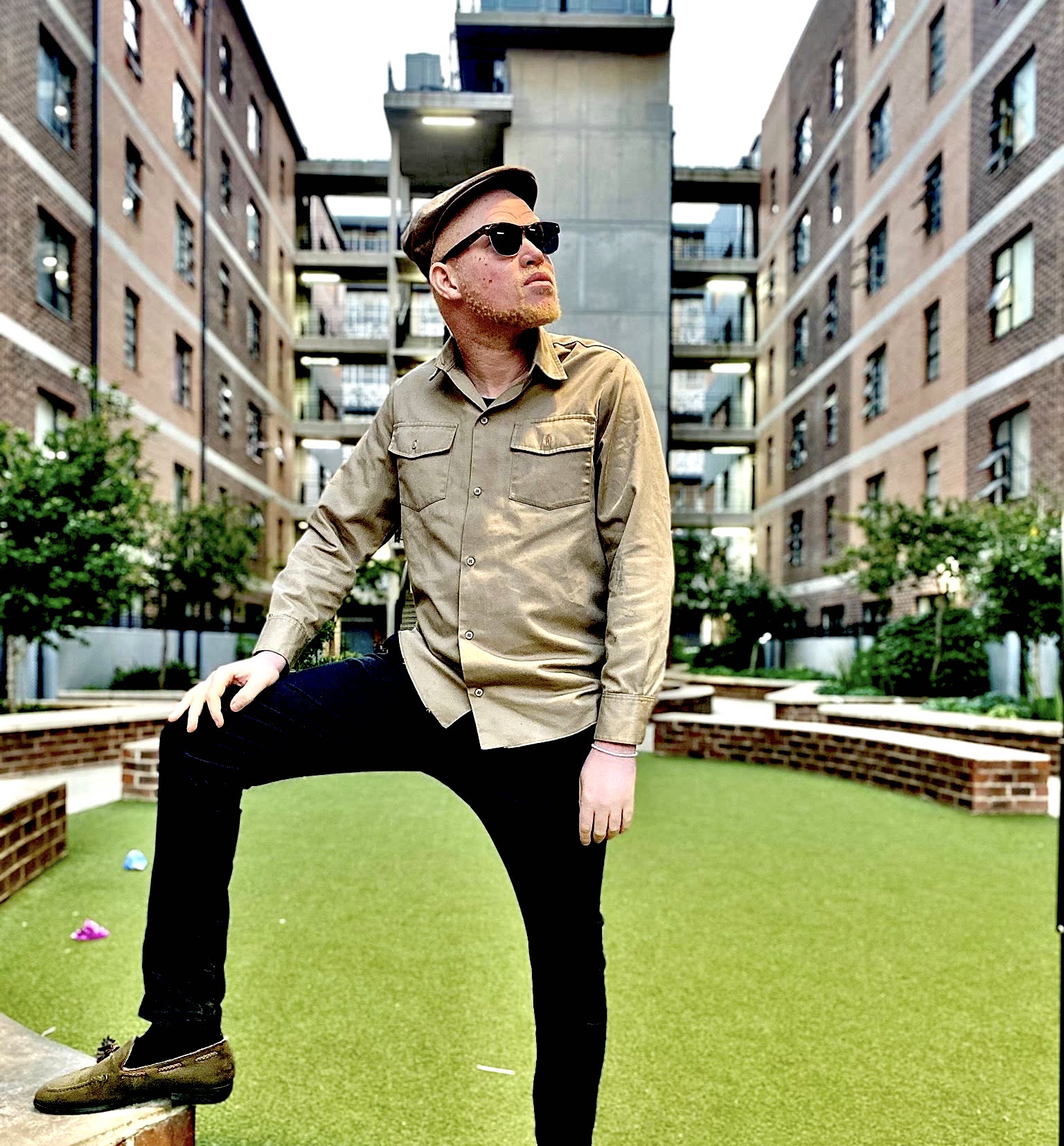From Bhodloza to Gxarha Meet The Xhosa Hip-Hop Artist Building a Generational Legacy
asavela
26 May 2025
Veteran performer Gxarha discusses the origins of his stage name. More than just identity is at stake in this decision; it's a mission to "represent my entire family, tribe" and create a lasting legacy for coming generations. He wants the Gxarha clan to be proud of his music. Highlights of the career include being acknowledged by Emtee, performing on stage with Kwesta, and getting early support from the late Flabba. Along with fervently discussing the difficulties of the "Spaza" sound, Gxarha promotes improved industry infrastructure and the mentoring of the next generation of artists by more seasoned performers.
We recently caught up with Eastern Cape’s very own Gxarha — the rapper known for his track Bherhi — and chopped it up about where he comes from, what drives him, and how he sees himself in the world of South African hip hop.
So, first things first — the name. Why Gxarha? Where does that come from?
“Actually, I used to go by Bhodloza,” he laughs. “Because I always believed that whatever I say has impact — breaking things open to see what’s on the other side.”

But as time went on, he felt the need for a name that rooted him more deeply.
“My real name is Cwenga, but being a Xhosa man, we don’t go by just our names — we go by our surnames, our clan names. And my clan name is Gxarha. That’s what I represent. I’m carrying my family name forward, for generations to come.”
“I have a son now,” he adds proudly. “He’s Gxarha too. So when I do this music, it’s not just me — it’s for all of us. The clan, the legacy.”
Gxarha's journey as an artist is deeply intertwined with his identity. Moving from his initial stage name "Bhodloza" – meaning "to break something to be available on that side" – he embraced "Gxarha," his Xhosa clan name. "Me being Cwenga, it's not enough," he explained, emphasizing that a Xhosa man is typically called by his clan. For Gxarha, this name is about more than personal identity; it's a mission: "I'm out there to represent my entire family, tribe... to leave a mark in order for the next generation to know that there was this Gxarha." He aims to create "generational recognition" through his music, ensuring his clan's pride and legacy.

That’s deep. Let’s talk about your journey. What’s been a standout moment so far in your career?
He doesn’t hesitate.
“There’ve been a few highlights, but one that stands out was performing at Absa Stadium in East London in 2018 during the Countdown event. It was New Year’s Eve, and I was on the same lineup as artists like Kwesta, Zonke Dikana, Ntando bangani... It was crazy.”
“Kwesta — that’s my idol. And the way he came to me and my guys to take pictures, that meant a lot. And then being introduced on stage by Putco Mafani? Big moment.”
You also crossed paths with Emtee a couple of times, right?
“Yeah man, the first time was in Queenstown at YOLO Lounge. I went up to him, introduced myself, and we shook hands. Then, years later at Ebu Beleni Festival in Gqeberha, I saw him again, and before I could even say anything, he goes: ‘I know this nigga.’ That meant something. That I left a mark.”
“Because I was there when Roll Up and Washa Washa dropped. He was inspiring the game. So him remembering me? Iconic, for real.”

And you met the late, great Flabba too?
“Yeah, back in 2011 in Alex. I was still young. Performed at a club called Litsabong, and after I got off stage, Flabba came up to me and said, ‘That was fire. What are you doing in Eastern Cape? You belong in here.’”
Gxarha is quick to clarify:
“He didn’t co-sign me or anything like that. He was just amazed at my performance and saw my potential. That moment stuck with me. It gave me the push to take this seriously.”
More Than Music — It’s a Movement
What stands out about Gxarha isn’t just the beats or bars — it’s the intention behind them. His name carries weight, and his music is a tribute to his clan, his heritage, and his people. “I'm trying to create generational recognition,” he said. “To make the clan popular, to show what the clan is about.”
Through music, Gxarha is telling a bigger story. One that connects the past to the present. One that ensures future generations of Gxarhas will know who he was and what he stood for.
So when you hear his name, know that it’s not just an alias — it’s a flag, a history, a declaration.
Let’s shift gears for a second — tell us how you’re thinking about the Spaza sound.
“Right now, the sound is still developing. It’s not polished yet. There’s no real structure behind it — no departments, no engineers, no proper release strategies. After you record, that’s it. It can drop anytime, even leak. There’s no order, and because of that, people aren’t treating the music with the respect it deserves.”
But there’s also movement — and Gxarha doesn’t hesitate to give props where they’re due.
“Bravo Le Roux is breaking boundaries. He’s doing a lot for Spaza — not just musically, but in terms of how it’s perceived. He’s adding fashion, giving the sound a face that people can connect with. He’s travelling, pushing it across borders. Driemanskap started that path, and now Bravo is keeping the momentum going.”
And Gxarha has a clear message for other Xhosa rappers: the music needs to do more than just exist — it needs to move people.
“To all Xhosa hip hop artists, the goal is not just to rap. Make music that sells. Make music that’s fashionable. The kind of songs that fans enjoy because they’re dope — not music that makes people feel like they have to support you out of pity. If the music’s hot, it’ll stand on its own.”
It’s a simple but powerful message: elevate the sound, respect the craft, and make sure it connects.
Looking Forward: What Gxarha Stands For
What Gxarha is doing is more than music — it’s cultural preservation.
“I'm trying to create generational recognition. To make the clan popular. To show what the clan is about.”
He’s not just rhyming bars — he’s building a bridge between tradition and contemporary youth culture. He’s showing that your roots can be a source of strength in a modern world, and your clan name can live on not just in ceremonies, but on stages, streaming platforms, and in the voices of fans chanting it back.

To hear Gxarha talk is to hear a man clear about what he wants: not just fame, but family legacy, not just fans, but followers of a movement. He’s walking proof that you can turn your identity into your brand, your clan into your compass.
As more eyes turn to the Eastern Cape for the next wave of hip-hop excellence, one name you’re guaranteed to hear — again and again — is Gxarha.
Post Statistics
Views
25
Shares
2
Related Articles
The Power of a Team in Music
Here’s the truth most people don’t say out loud: an artist’s success often depends more on assembling the right team than on raw talent alone. You can have the best song in the world, but without a strategy to promote it, protect your brand, and ensure every opportunity is maximized, it may never reach the audience it deserves.
Read More*Lyricist of the Year
Breakdown: True lyricism separates the real from the rest - complex rhyme schemes, depth, and raw storytelling. Shaamteloos stands out as the best lyricist in the bay, delivering intricate bars that challenge simple minds and reward true Hip-Hop listeners. His skill is unmatched and his pen sharp. - Prediction: Shaamteloos - for complex wordplay and authentic Hip-Hop mastery.
Read More